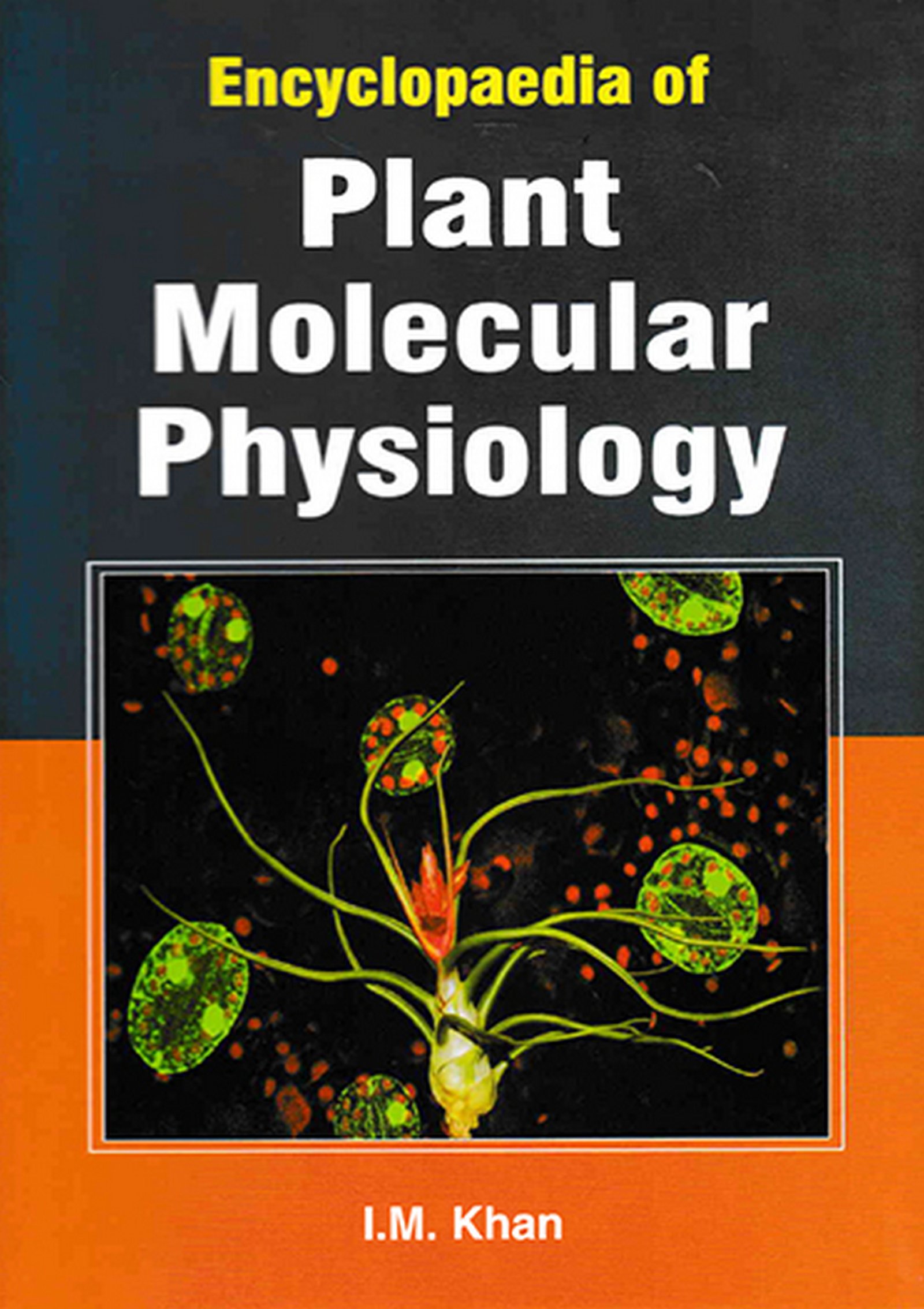Encyclopaedia Of Plant Molecular Physiology
Encyclopaedia Of Plant Molecular Physiology
Plants have a vital influence in the maintenance of favorable life conditions here on Earth. Knowledge on a molecular level continues to contribute to the understanding of the whole-plant physiology. Furthermore, plants constitute an important raw ma...
Read more
Plants have a vital influence in the maintenance of favorable life conditions here on Earth. Knowledge on a molecular level continues to contribute to the understanding of the whole-plant physiology. Furthermore, plants constitute an important raw material to the industry both within the food and non-food sector. The employment of plants as green factories for the production of, for instance, new biological substances with tailored properties which will increase the value of the yield. Plant physiology is a sub discipline of botany concerned with the functioning, or physiology, of plants. Closely-related fields include plant morphology (structure of plants), plant ecology (interactions with the environment), photochemistry (biochemistry of plants), cell biology, and molecular biology. it would be extremely a constructive book for innovative courses in plant physiology, plant biochemistry, plant molecular biology, plant biotechnology, plant pathology, microbiology, soil science and agricultural chemistry, agronomy, horticulture, environmental sciences and botany. Contents: introduction; Photosynthesis: The Light Reactions; Translocation in the Phloem; Respiration and Lipid Metabolism; Secondary Metabolites and Plant Defense; Phytochrome and Light Control of Plant Development; Auxin: The Growth Hormone; Abscise Acid: A Seed Maturation and Antis tress Signal; Stress Physiology; Plant-water Relations.
Less
